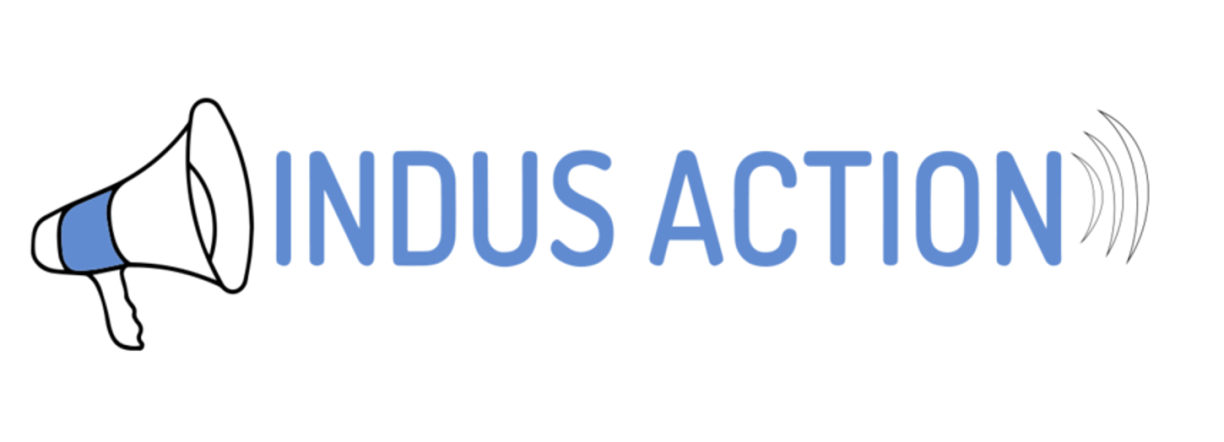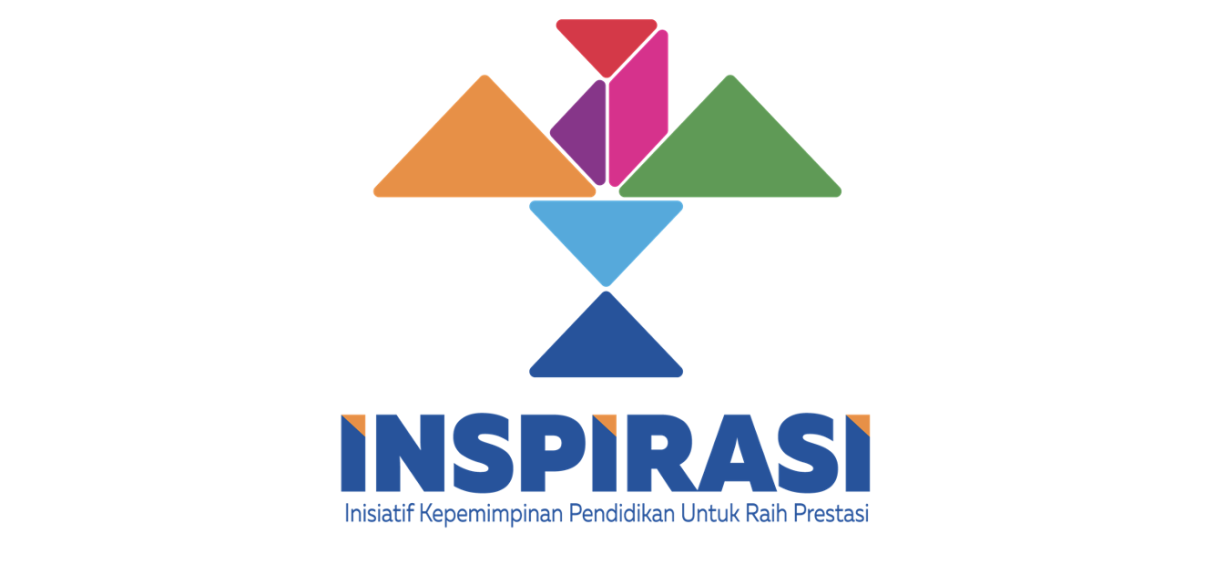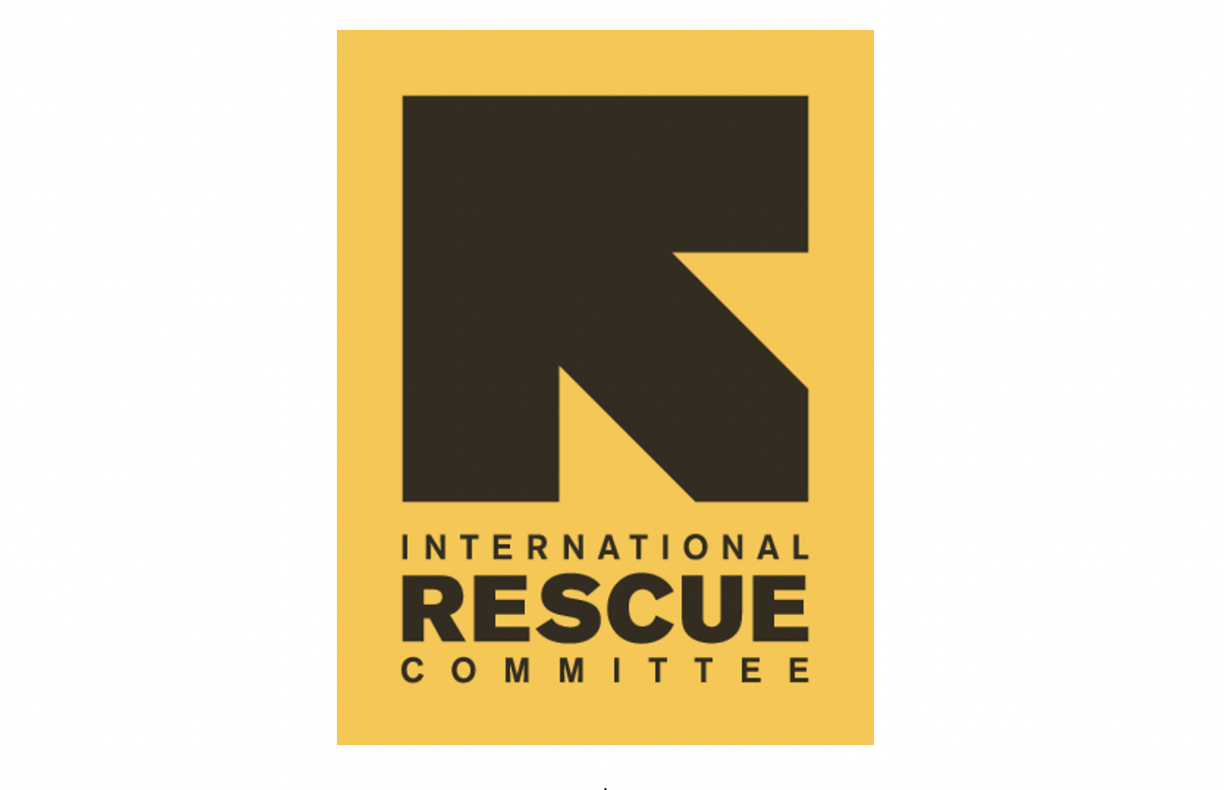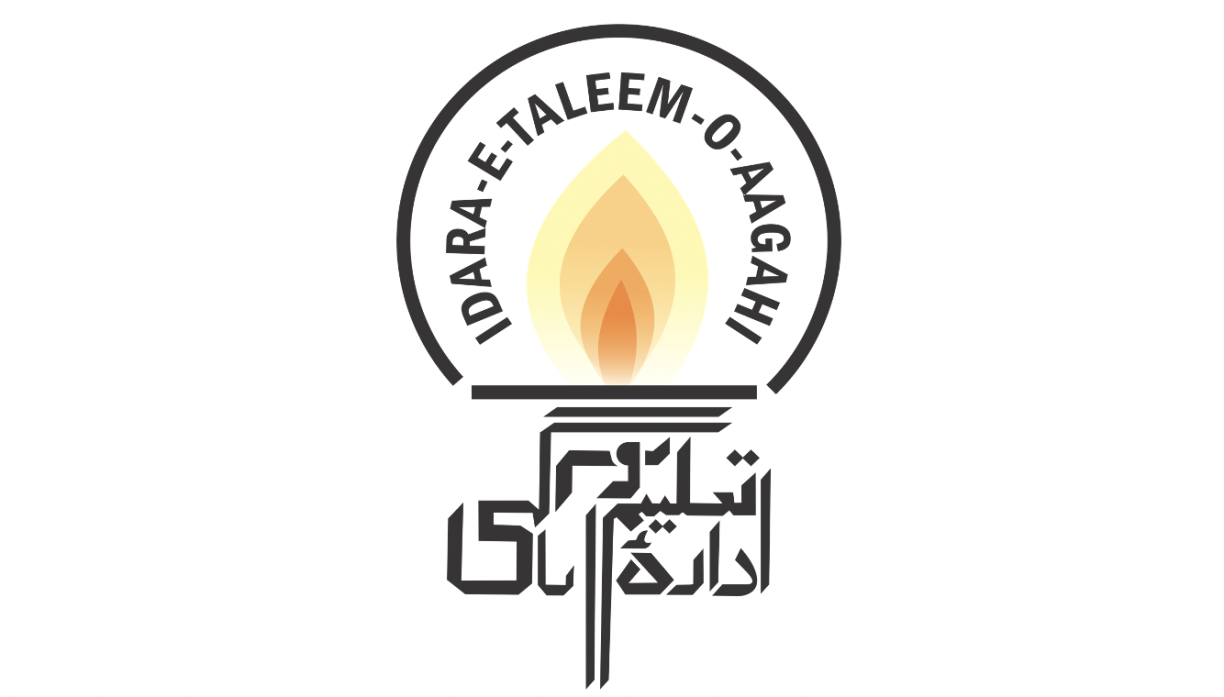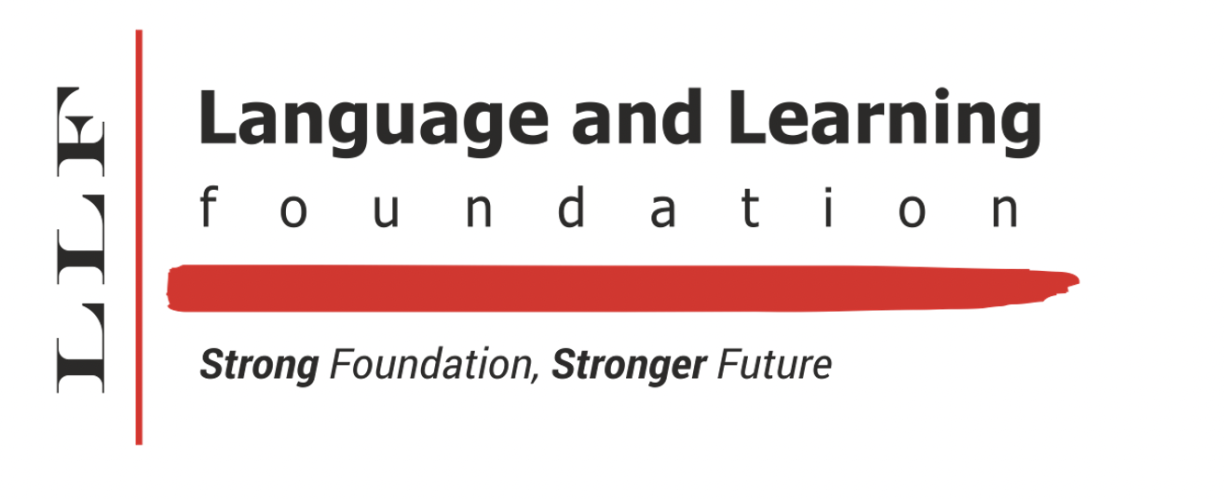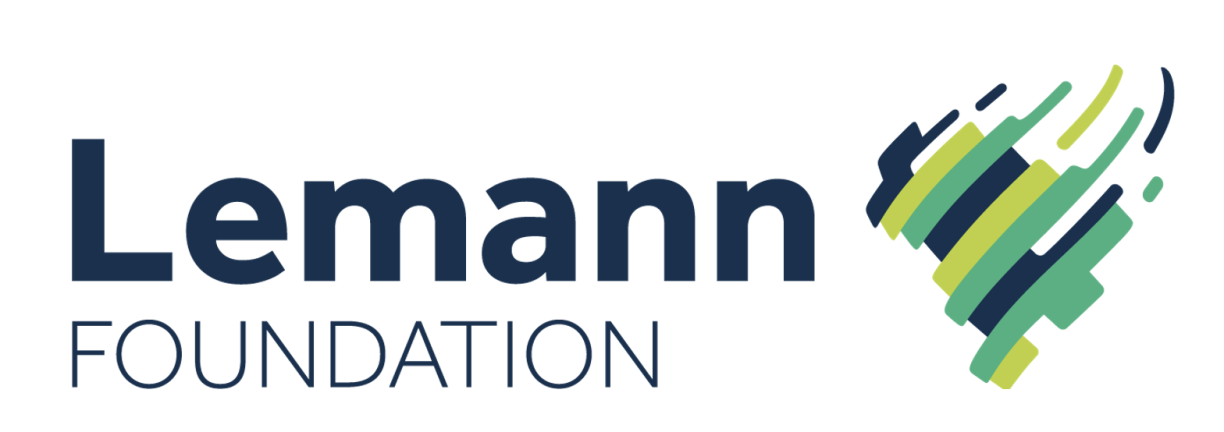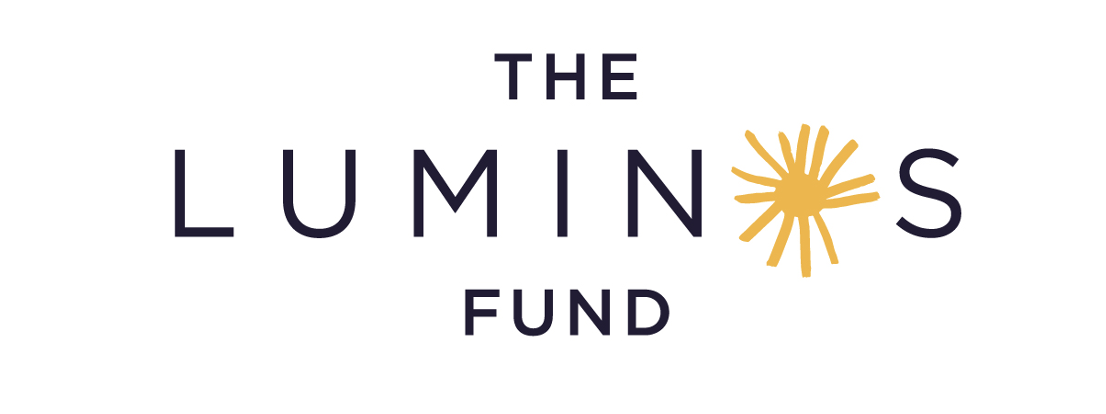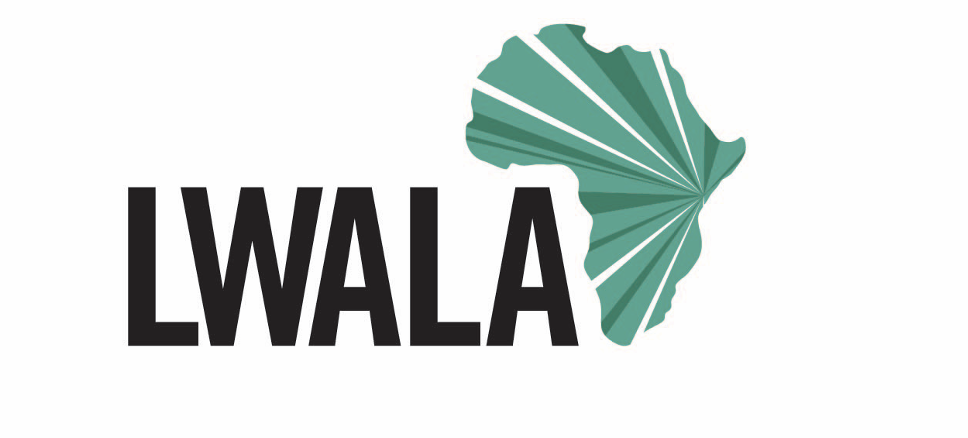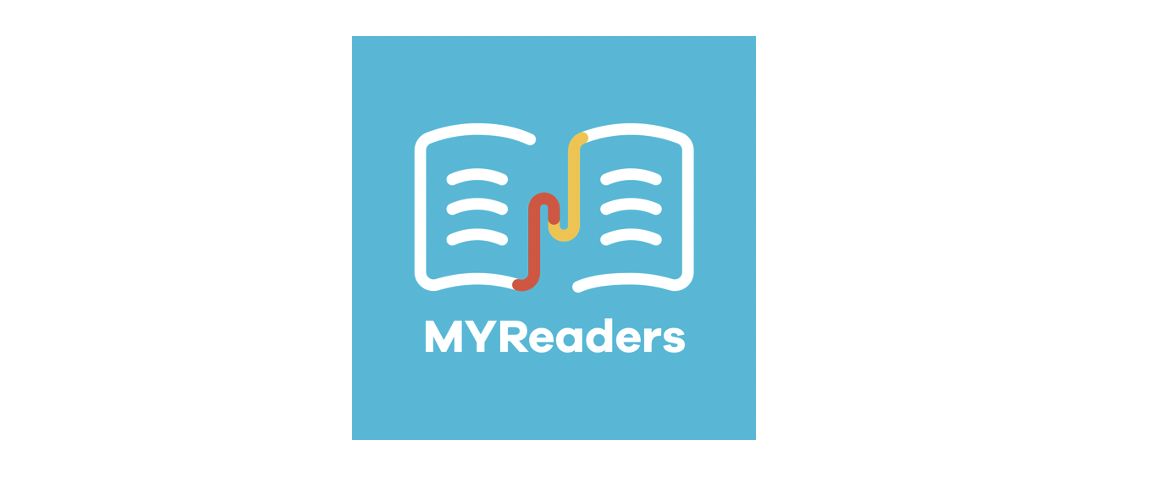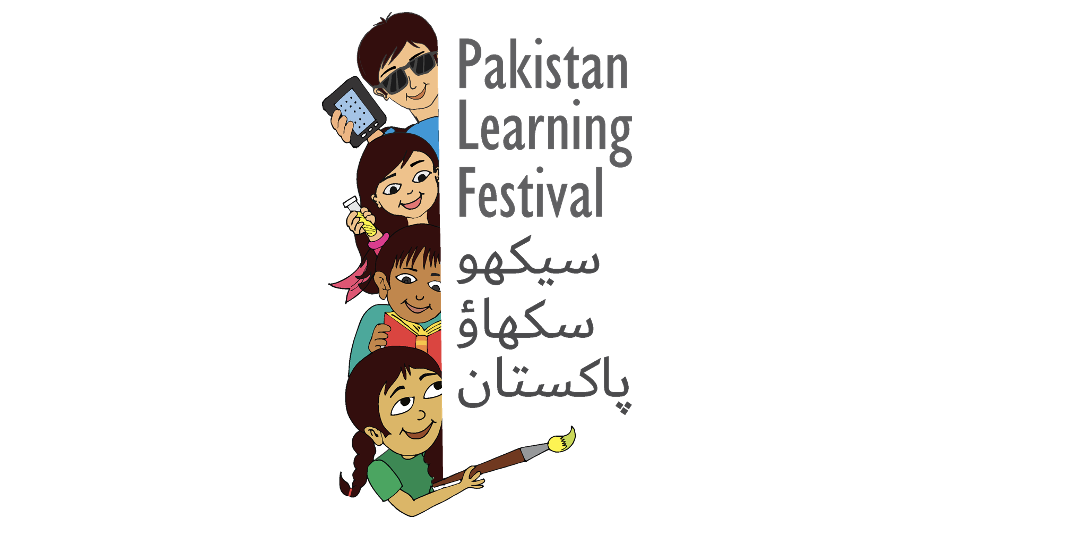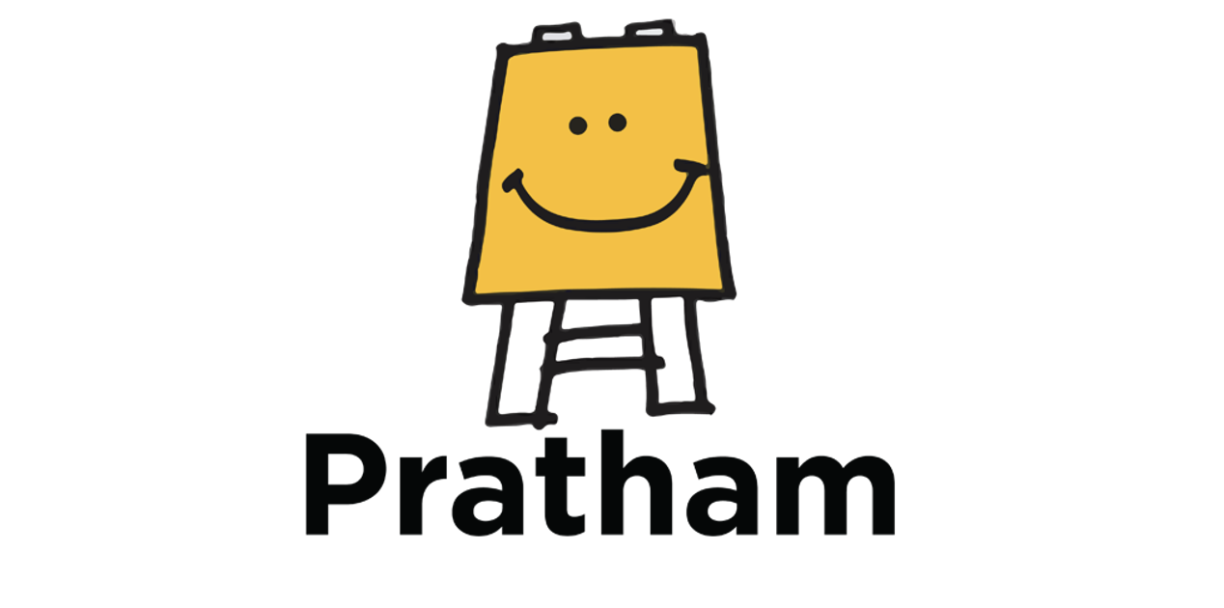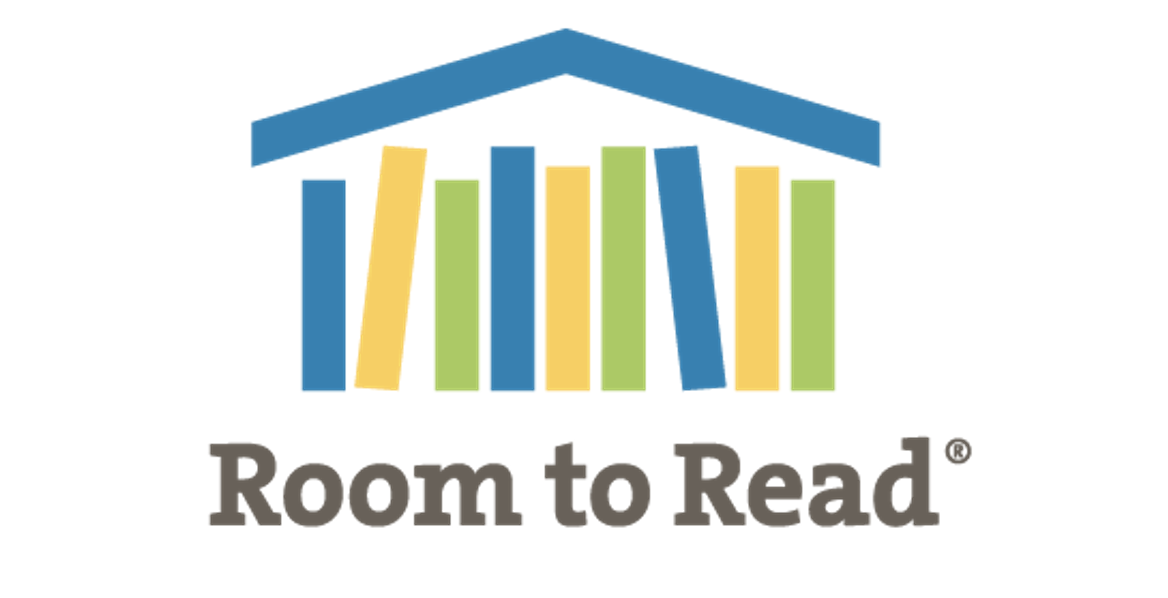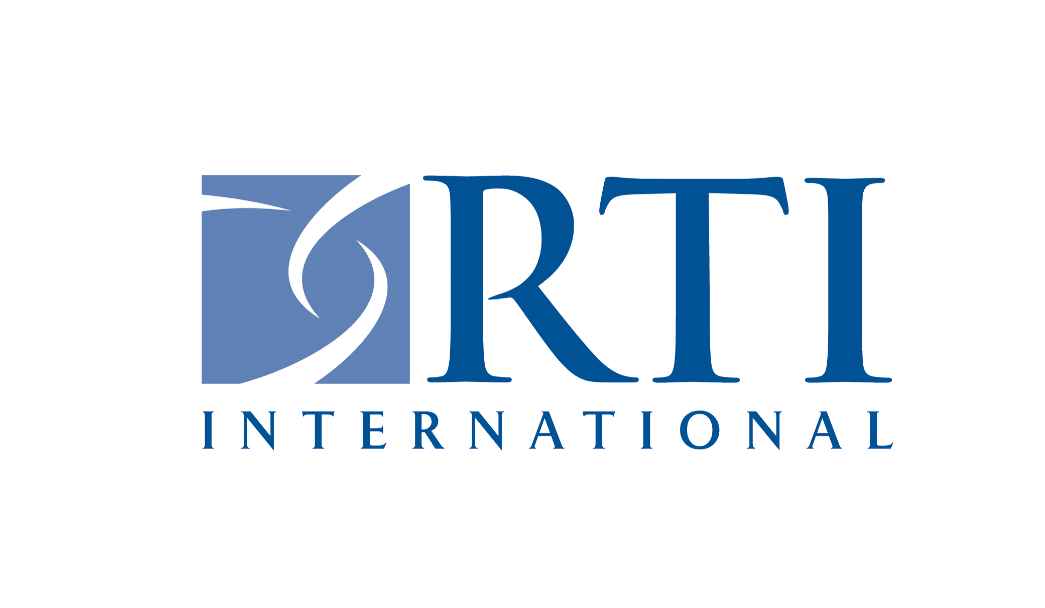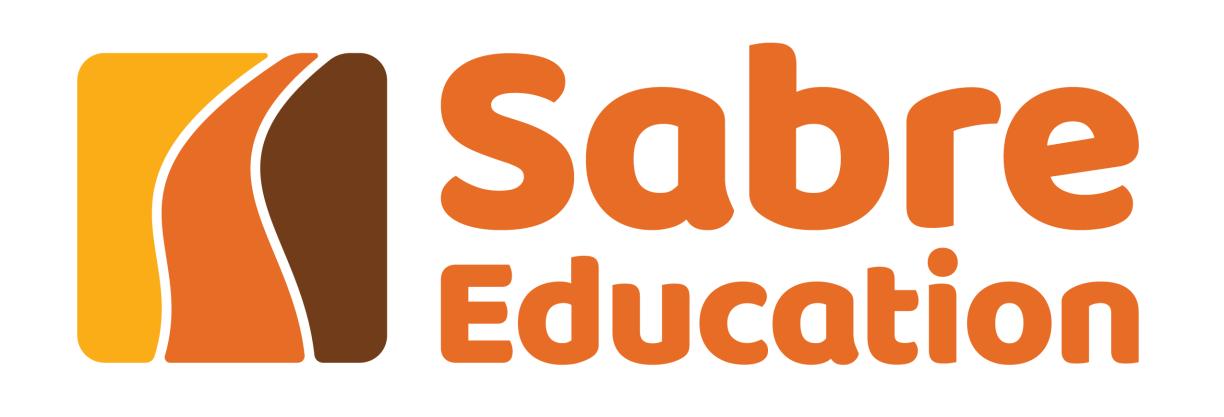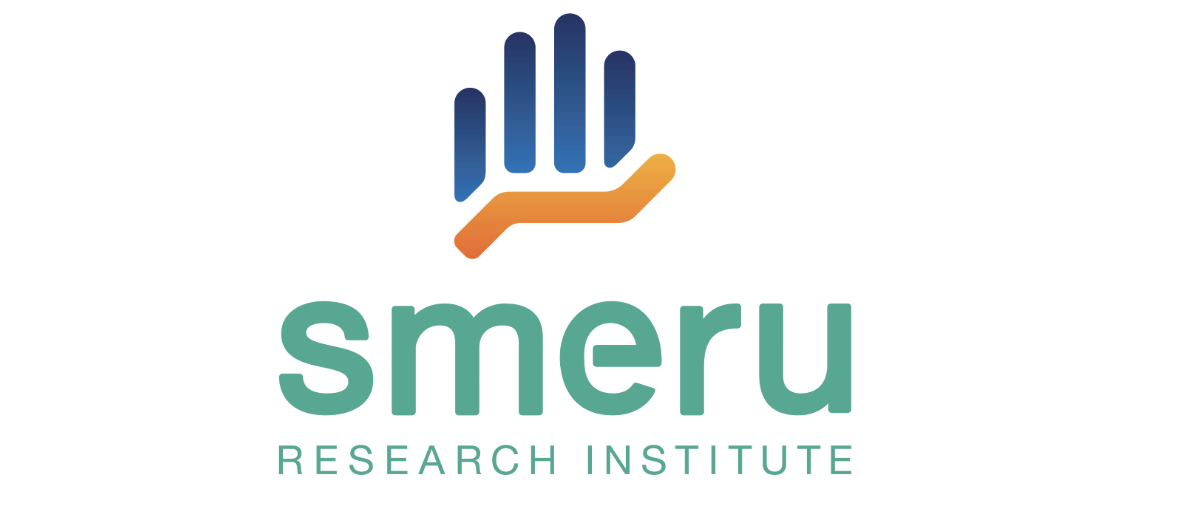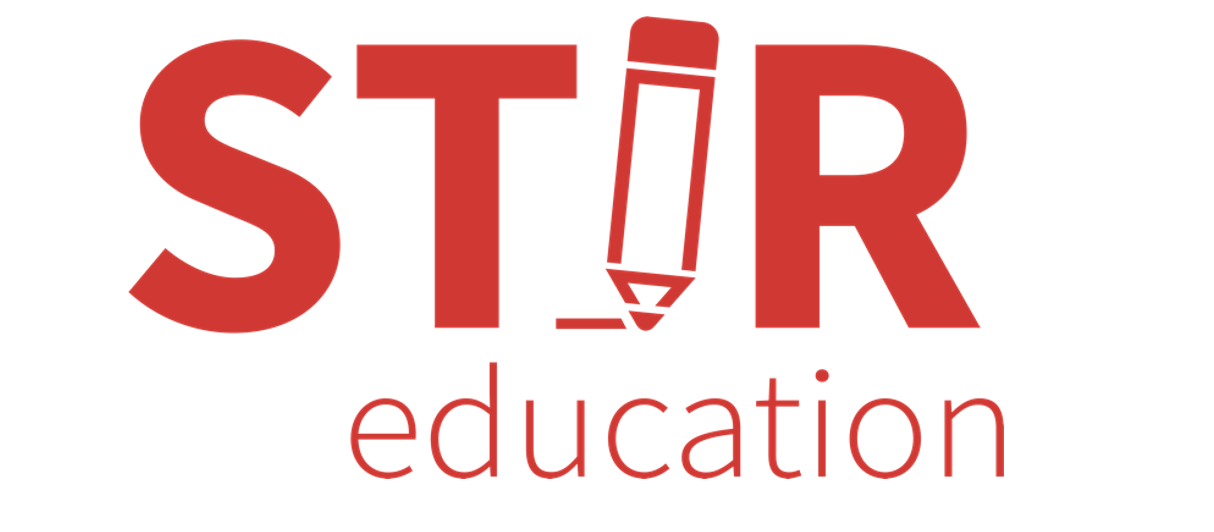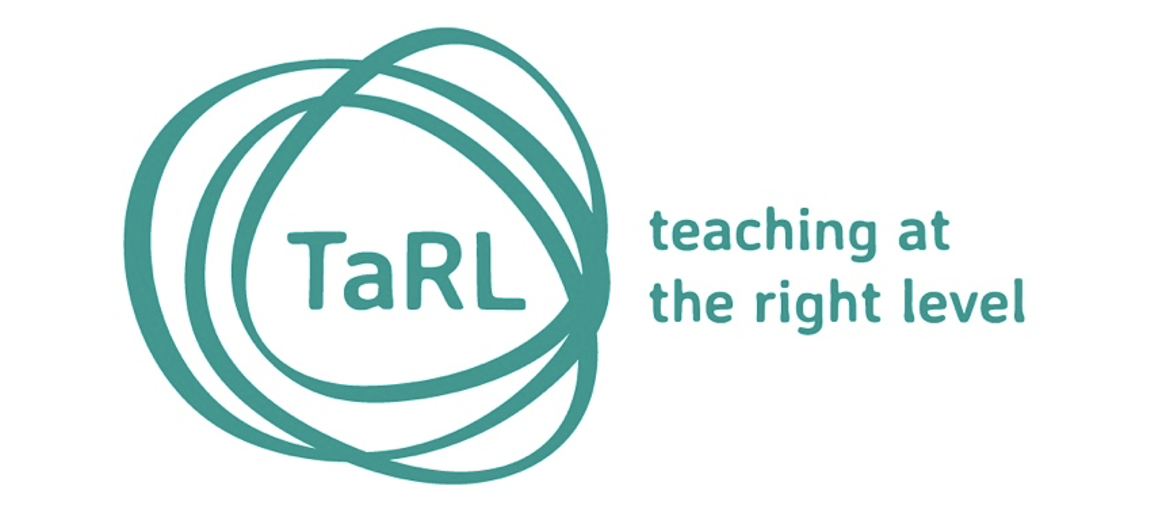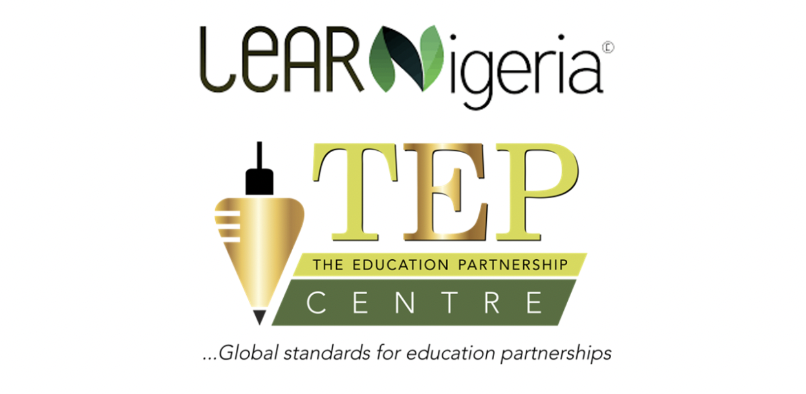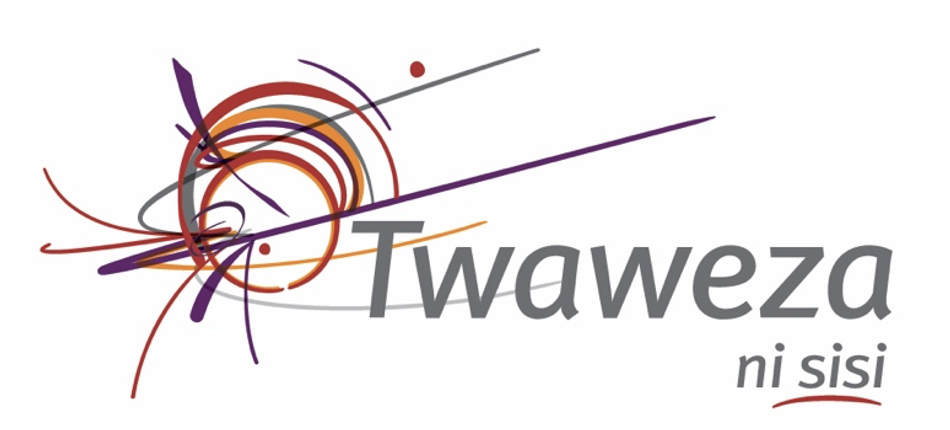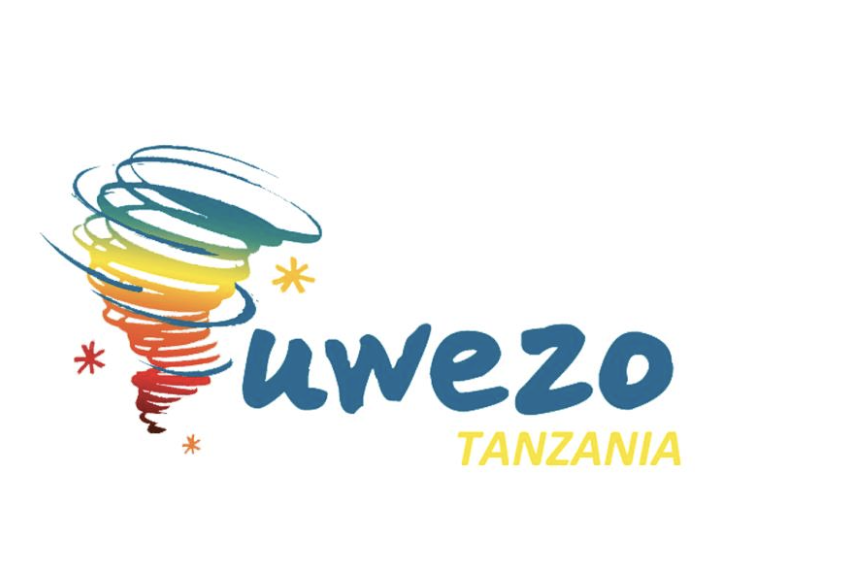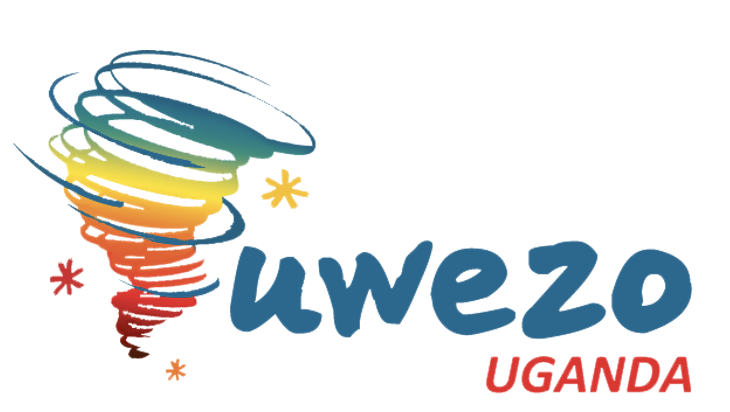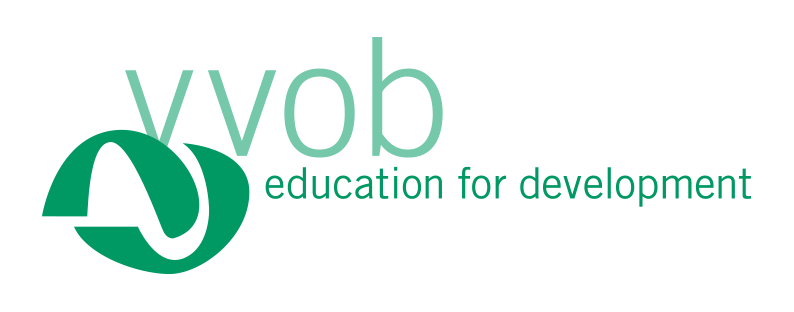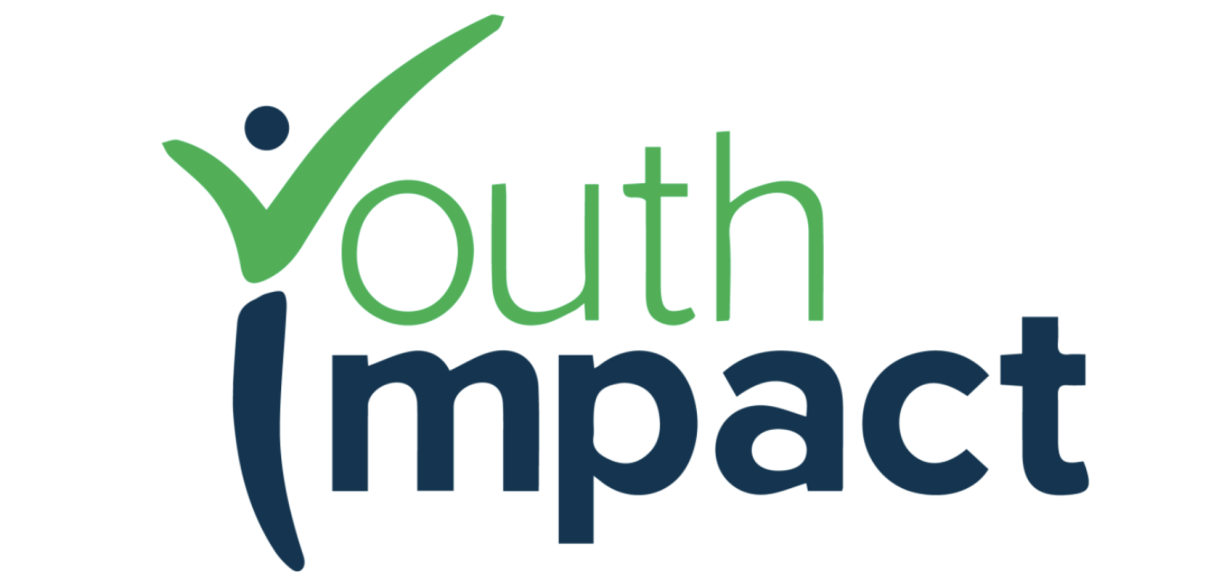RISE Community of Practice
The RISE Community of Practice is now part of the What Works Hub for Global Education. For more information, please visit the Blavatnik School of Government website.
In RISE's Community of Practice, a diverse group of practitioners and organisations seeking to improve education systems come together to share lessons and discuss their experiences driving learning improvements.
What is the RISE Community of Practice?
The RISE Community of Practice is a group of individuals and organisations working to create systemic change to raise children’s learning levels. It provides a space for sharing lessons from implementation to overcome the global learning crisis and drive learning improvements together.
The Community of Practice is made up of more than 100 organisations from 30 countries and 6 continents. It includes individuals from non-governmental organisations (NGOs), civil society organisations (CSOs), think tanks, research institutes, philanthropies, and global development partners.
The community gathers 2-3 times per year to discuss critical themes in global education. It is also a space for members to network, share, and contribute through their collective experiences on the road to raising learning levels for all.
The Community of Practice’s previous meetings include:
| Date | Event |
|---|---|
| June 2019 | Workshop: RISE Community of Practice Inception |
| May 2020 | Webinar: The politics of information in spurring systems change |
| November 2020 | Workshop: Pathways to integrating foundational skills with national education aspirations |
| July 2021 | Workshop: Supporting shifts in policy and practice to improve foundational learning |
| November 2021 | Workshop: Advocacy for foundational learning |
| March 2022 | Workshop: Building a community-wide campaign for foundational learning |
| June 2023 | Workshop: Identifying FLN Teacher Development Needs to Improve Effectiveness in the Classroom |
| September 2023 | Workshop: Why, What and How scaling science is critical for improving children’s foundational learning in the Global South |
For further details, or to express interest in your organisation joining the RISE Community of Practice, contact rise@bsg.ox.ac.uk. You can also read about events held by Community of Practice members in connection with our Focus to Flourish messaging campaign.
Why convene a Community of Practice and what are its goals?
Today, the global education community has greater evidence about education system performance than ever before, yet millions of children do not achieve foundational learning even after spending many years in school. By bringing together individuals and organisations with similar goals but different approaches, thematic focuses, and geographical concentrations, the RISE Community of Practices endeavours to enable the whole of the Community of Practice to be greater than the sum of its parts.
As the RISE Programme has undertaken research on improving learning outcomes, the Community of Practice has provided an invaluable opportunity to incorporate the experiences of practitioners and implementors into the Programme’s understanding of education system change. Likewise, the Community of Practice has provided an opportunity for the RISE Programme to share new evidence and research findings, and ground-truth those findings across contexts. The Community of Practice facilitates sharing of lessons learned and translation of experiences across contexts.
The Community of Practice workshops also demonstrate the power of conversations that happen when a widely varied group of on-the-ground experts in education meet to share their knowledge and draw connections between their experiences. It is the opportunity for this thought-provoking discourse informed by real practice that the Community of Practice endeavours to create, allowing the community to break new ground in its efforts to improve learning worldwide.
The Community of Practice Steering Committee guides the group’s activities and offers leadership on the group’s direction.

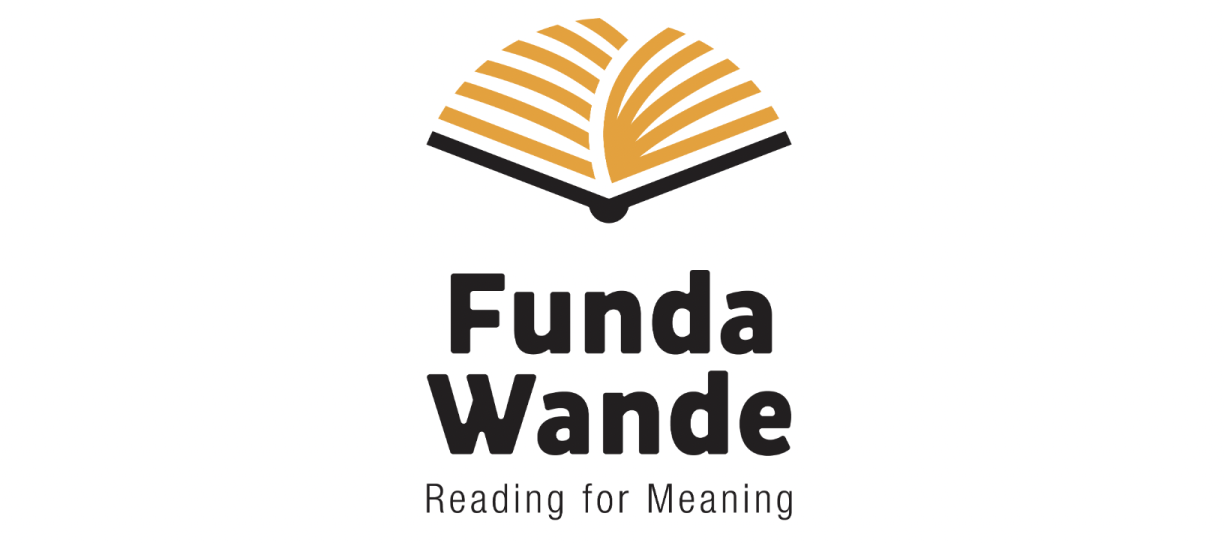

The RISE Community of Practice includes more than 100 organisations from 30 countries and 6 continents. Some of our member organisations’ logos can be viewed below.
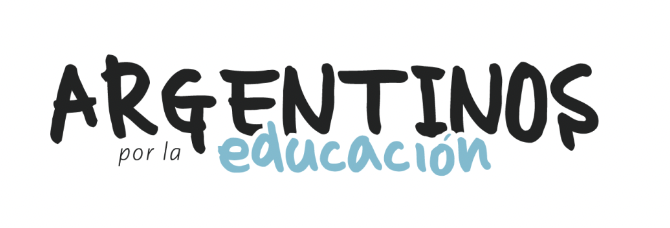
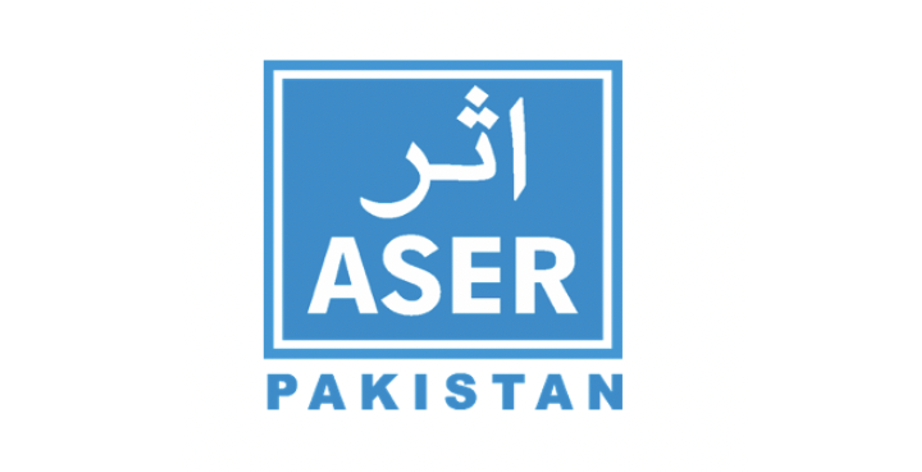
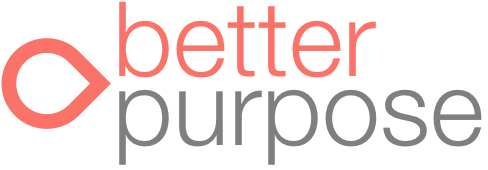
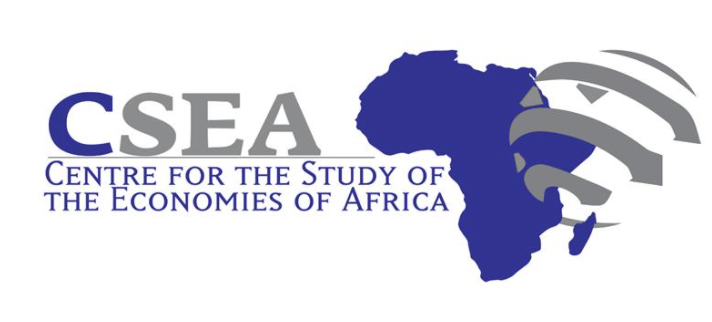
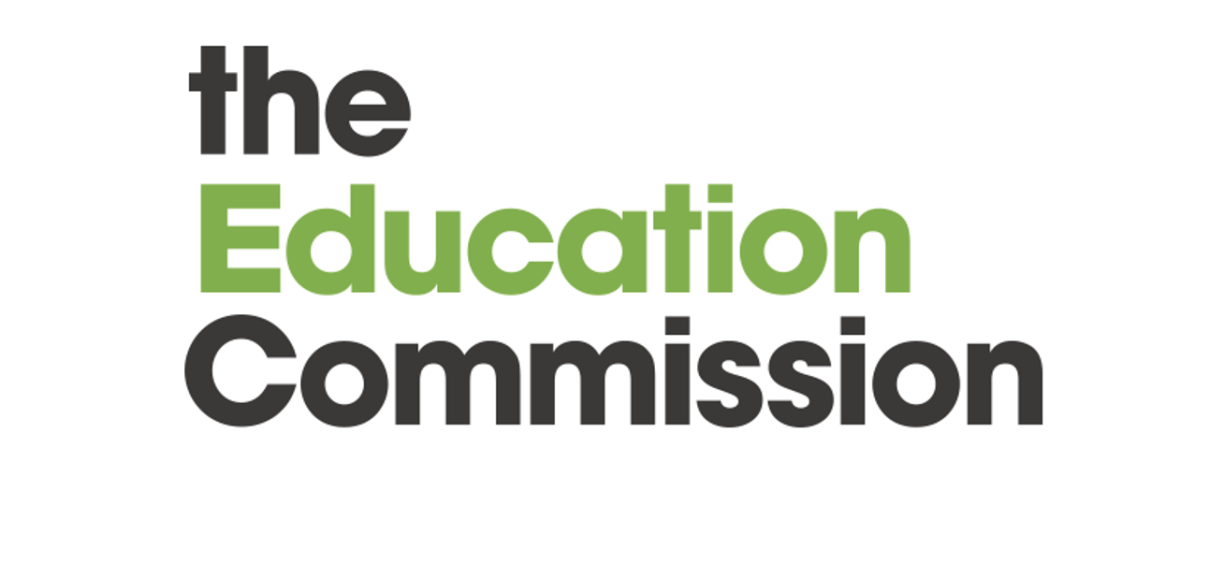


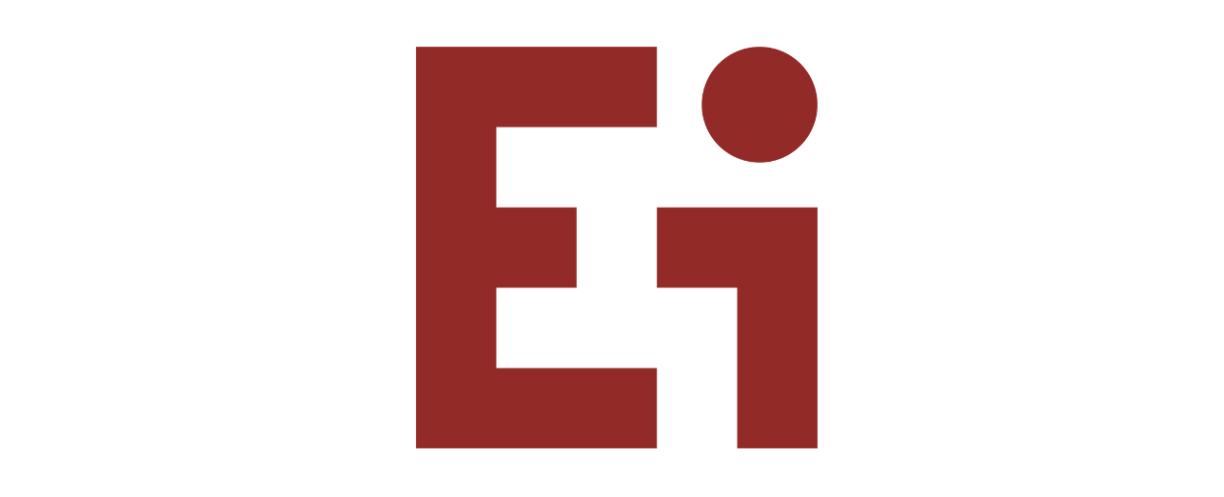

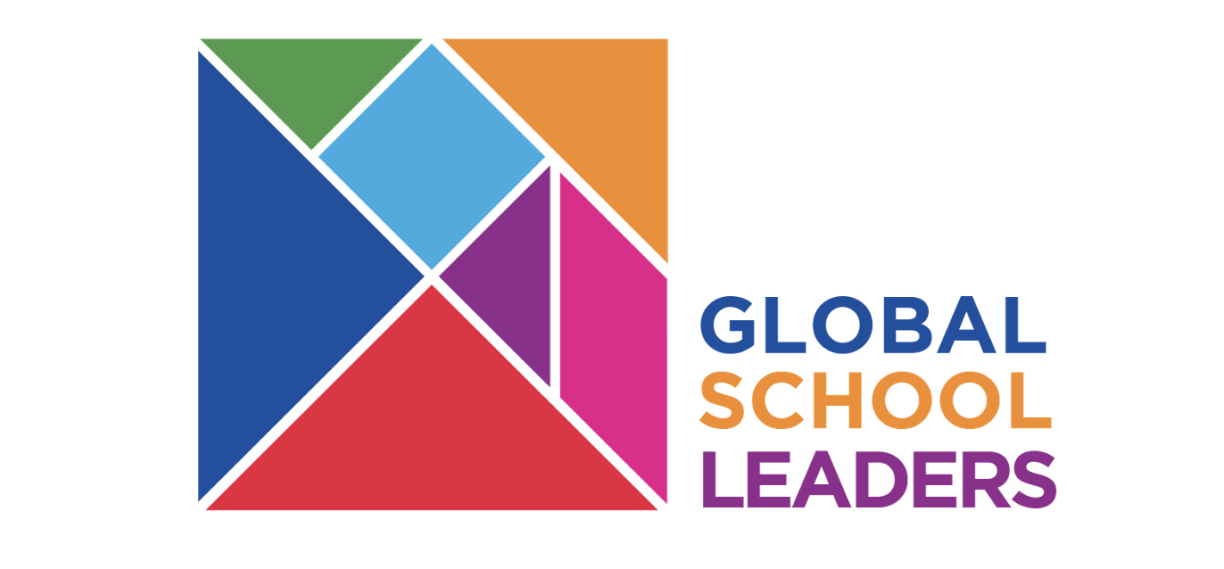


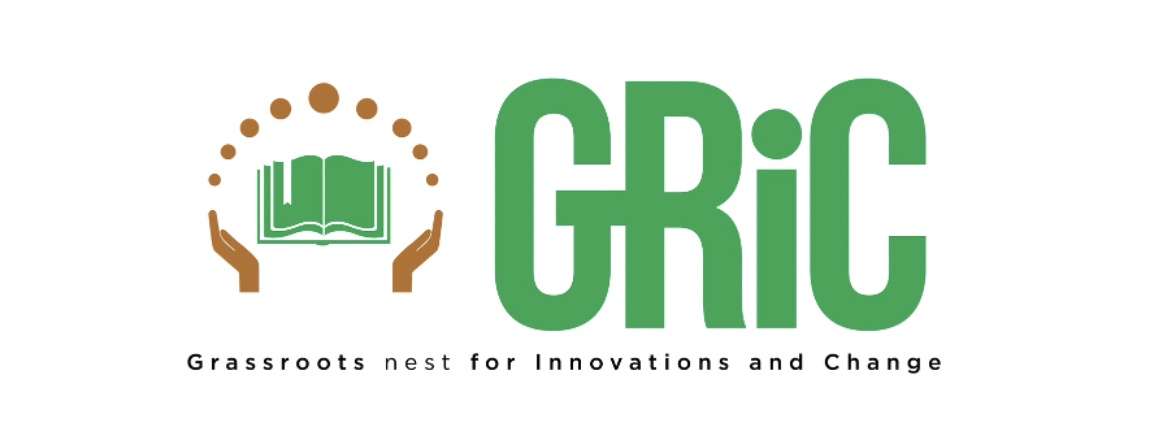
.png)

